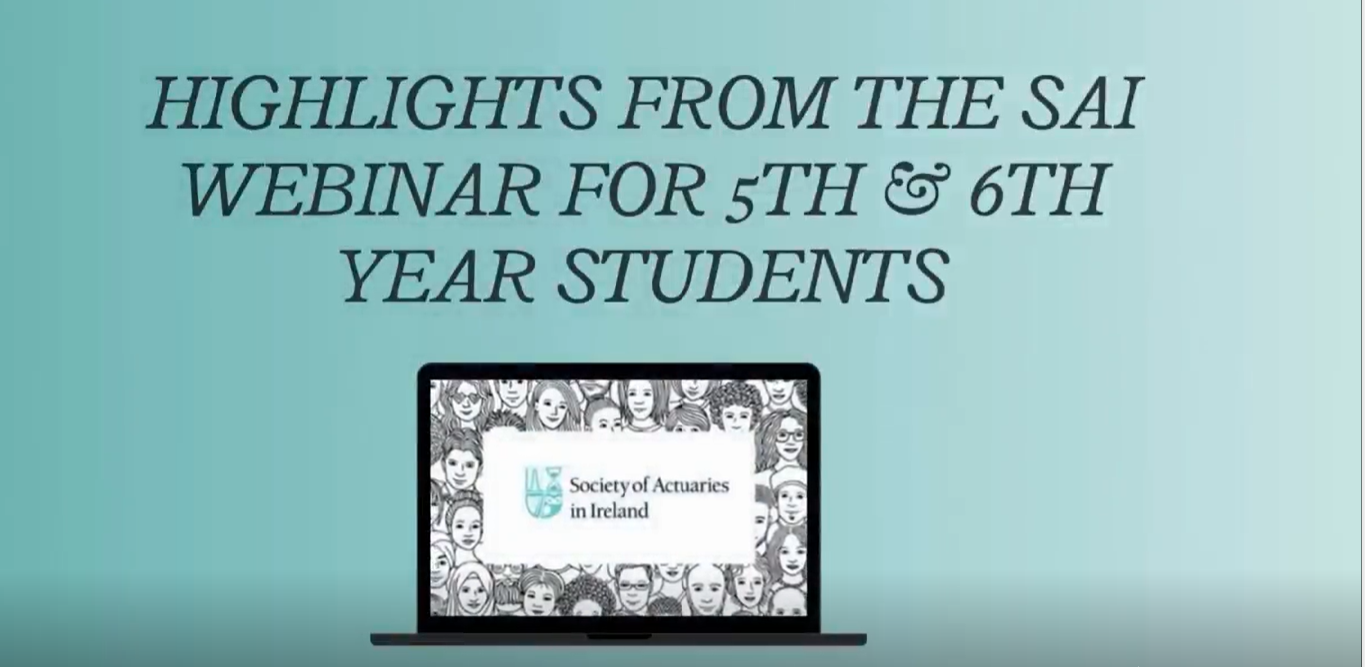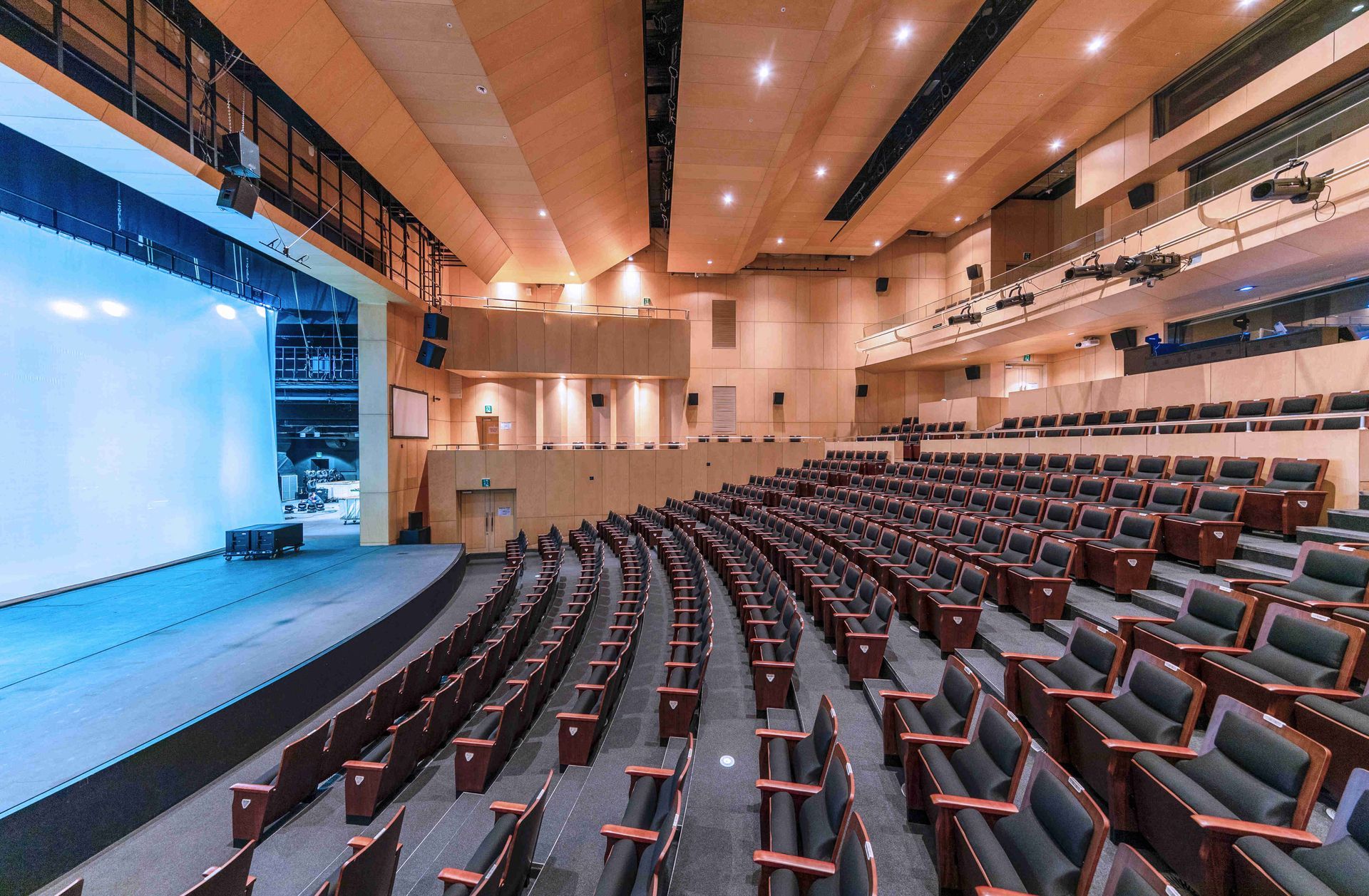14 takeaways from “Business Survival Beyond Lockdown”, IIBN Virtual Event
Written by Susan HayesCulleton
During the latest IIBN webinar, the panel focused on what life will be like after lockdown and spanned the usage of buildings, business relationships, technology, and lots more. Tadgh Enright , Melissa Moyle , Paul Grainger and Brendan Morahan shared a plethora of insights on Zoom and here were my key takeaways:
- The future is a combination of working in an office environment and from home .
While the past two months have seen the world shift from almost completely one to almost completely the other. For sure, many have adapted to their new working environment and with a lot of productive results so that it may become more of a permanent fixture in their lifestyle. However, many also miss the office and all the social interaction that it brings with it. We can expect a blend in the future.
- Buildings will have to be rethought and this spans operations, logistics and where the liability falls.
In February, some businesses thought they didn’t have enough space and by May, they now think they have too much. As our relationship with space has changed and social distancing is likely to be with us for quite some time, we need to rethink commercial buildings. How much space does a company really need if most staff are equipped to work from home productively? How will they be reconfigured for a one-way system? How often will deep cleans take place and who will do them? Further, who will absorb the costs – the landlord or tenants? While these may be concerns that we need to consider in the short term, there are long term repercussions and we need to start as we mean to go on with this conversation.
- People have short memories.
While this experience is very real as we live through it and adjust to it in realtime, it is of its time. A very valid point made was “After 9/11, nobody wanted the risk of a lot of people in one spot…. But people forget and move on”. Therefore, this time won’t define our future but will influence it.
- Small percentage differences can have a big impact.
The last two months have seen radical change, but minor adjustments have a long-lasting effect. For example, a panellist noted the culture has changed among business owners. He said, “working from home used to be thought of a cop-out, but now, it reflects one’s willingness to embrace the innovation and technology available to them”. Further, the simple inclusion of a breakfast meeting on video conference offers a great sense of camaraderie to the team while working from home. The ubiquitous nature of this communication means we’re having more meaningful conversations, people see each other’s home environment, and it’s more authentic.
- Trends that have been in play have been telescoped.
“There are decades where nothing happens, and there are weeks where decades happen.” quoted Vladimir Lenin. We can all take our own reading of that in the last few weeks, but the world has accelerated a range of trends that were happening anyway. One panellist pointed out that there was an impending skills crisis in big cities. London was battling for talent while that respective talent was battling with very high costs of living that were pushing them into a longer commute. (In my own mind, I thought you could add Hong Kong and San Francisco to that evolving list). Now, distance from the headquarters or any other physical building is irrelevant! Companies have had to culturally and technically adapt to a change that was coming anyway but at rapid speed.
- Businesses are now moving into a medium-term mindset.
Companies and organisations are moving beyond a panicky chaotic phase that was a short, sharp shock. We’ve been adopting new technology, dispersing work practises and now it’s time for business plans that look forward to what life realistically looks like. For some, that means to pivot. For others, it means adapting and tweaking with a vision for the coming months and years. For others yet, it may mean that they must begin a whole new chapter in their careers.
- Traditional means of evaluation have been upended.
As governments have made significant contributions to keep employees on the payroll of a company (e.g. through the Furlough or Wage Subsidy Scheme), underwritten certain industries (e.g. childcare in Ireland) in the short term or mandated the closure of businesses overnight (e.g. hospitality), the way we used to evaluate companies for success has changed utterly. The credit process didn’t always measure where we were at the time of application rather than where we used to be using historical financial statements. (I had to smile to myself as I listened to the panel discuss this as earlier in the week, I came across a new KPI called EBITDAC reported by the Financial Times – Earnings before Interest, Tax, Depreciation, Amortisation and the Coronavirus). We need a whole new lens to make equity, debt and grant decisions.
- No political will to let a depression happen.
Governments are making huge expenditure decisions to shore up the economy without necessarily having a taxation plan in place to fund it. It’s noteworthy to mention Dan O’Brien’s tweet this week “Household debt at the end of last year was half what it was going into the 2008 crash (relative to disposable income)”.We see massive stimulus plans being agreed on around the world and while we may be facing a recession (i.e. two consecutive quarters of negative economic growth), governments don’t want any depression (i.e. a decline in GDP of over 10%)… as long as they can sustain the firepower of the instruments designed to fend it off.
- People are key and they, themselves, need individual resilience.
The main asset of any business is its people. At its core, business is about people, social discourse, and leadership. (In this discussion, leadership was defined as encouraging or persuading people to follow where they wouldn’t have otherwise gone). It’s not just the business that needs to be resilient in these times, but the people who comprise it. From a personal observation, our “Financial and Mental Resilience” session has been one of the most requested by clients since lockdown began, so I found myself nodding profusely to this point.
10 . Resilience is a congruence of purpose.
I put the question to the panel myself how they defined resilience and differentiated it from merely surviving. I wrote a paper for Legal-Island on this very topic some years ago and hence was interested in the panellists’ responses. They said that business has the time to stop and think if they really have a purpose and ask themselves if they are truly congruent with that purpose. Another said that if nothing appears to be going wrong, then it’s not well managed and controlled as things go wrong all the time. People closest to the problem are usually saving the bacon, but it goes unrecorded and unnoticed. If you haven’t practised what the plan is supposed to prevent, you don’t know if you’re being resilient or not. Finally, most plans don’t survive well on the first contact so after the plans are put in place and followed, unexpected developments can happen, so you need to think and act nimbly.
11 . Commercial diplomacy can be of great benefit to a firm
As people leave your business for a new role, there are great opportunities for them to be advocates and ambassadors for the firm (if they left on good terms). The panellists spoke about continuing to cultivate relationships with those who have left a company for fruitful mutual benefit. They coined the term “commercial diplomacy” to describe this.
12 . Younger generations seek a healthier work/life balance than predecessors.
In the past, people may have given up lots of their personal life for their professional life. They were willing to go through an all-encompassing career journey to ascend to partner or other levels of seniority. While the discussion focused on the panellists’ experience, there are numerous studies to back up this claim. For example, the central finding in a paper from the Journal of Human Resources and Labor Studies is that “Millennials say that job advancement is important when considering a job; (but it’s) only work-life balance that makes an impact”. Further, genuine, and culturally encouraging flexible work practises can bring a lot more diverse voices to the table and talent to the company as due to much more inclusive accessibility for people with different background and logistical needs.
13 . Take care of yourself during the COVID restrictions … and always
People reiterate the message again and again and during this panel again to take care of yourself during the lockdown. Caroline McEnery and Elma O’Reilly spoke about the importance of this in the HR Essentials session. Keith Barry and Cian O’Connor both shared ways in which they’re “using the lockdown”. Stuart Lancaster talked about the subtle ways he is staying in the players’ heads to make sure they’re minding their mental health.
14. Recruitment systems need to be more robust.
If companies in the future shift more towards working from home, the recruitment process needs to change. If you need to recruit abroad or induct abroad or manage a remote team from abroad, you need to be ready for this. One panellist told us about their first recruitment experience in Canada that proved very successful. The new employee came over and spent the first week in London. Afterwards, their director went to Toronto and spent the week with them in their own environment. If everything is truly virtual, then the thinking around recruitment needs to change from the status quo. It can be done but it needs to be different and maybe even better than we know it today?







